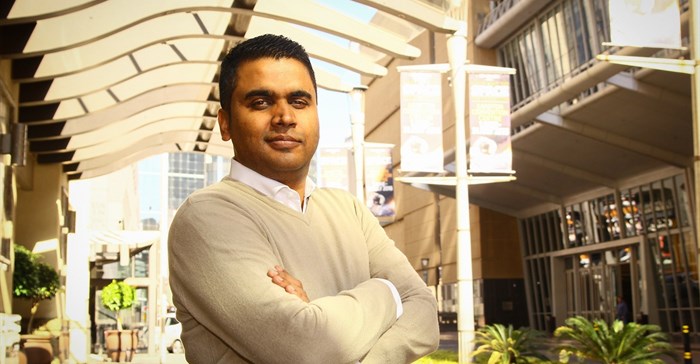How to market in Africa

Dharmesh Nagar, strategy director at Media Revolution, part of the global Starcom MediaVest Group, has been taking clients into pan-African markets and working with a range of pan-African clients since 2007. Some of his experiences have been eye-openers: strategies launched with zero market stats available; or media targeting in countries where circulation figures don’t exist.
“You have to think on your feet to succeed in some of these environments,” he notes.
It comes as quite a surprise for many marketing agencies seeking coverage in African publications, that some journalists appear to expect payment for writing an article, Nagar says. “You see it quite a lot in Nigeria, Malawi and Mozambique, especially among more junior journalists.
“They aren’t blatant about it, but they will ask for money for breakfast or lunch. This could be anywhere from $50 to $200. I understand that once you pay, your article makes the news.”
Nagar’s agency does not go this route, however. “We have invested heavily over the years in developing credible, well-written content. We have also built relationships with the editors. So usually, when we have news to submit, we don’t work through the journalists but through the editors, and our news is usually published verbatim.”
Another hurdle to overcome is a dearth of media research and tracking tools in many African countries.
“Media Revolution is a full-service marketing, communications, media buying and event management firm. However, when our international clients want to run campaigns in the rest of Africa, we have to be upfront with them and explain that getting credible circulation figures and tracking campaign reach is a problem in much of Africa.
“What we can do is gather paper cuttings and flighting reports. We also find it works well to target international media which deliver African coverage, because this is far easier to track than local media,” he says.
When marketing into Africa, it is also crucial to remember that many African business environments are characterised by a uniquely African corporate culture. “The buddy system prevails, and you have to have the right connections to get ahead. Also, if your client is well connected and respected in a country, their news is more likely to get published than if they are not.”
Nagar sees his biggest African marketing success to date as the establishment of a credible market presence for Zimbabwe’s Savanna Tobacco.
“Despite the fact that the tobacco industry is up against negative sentiment, and that Savanna itself competes with a global tobacco giant, the company has achieved significant market share and growth, and is getting a well-deserved reputation as a world-class player,” he notes.






















